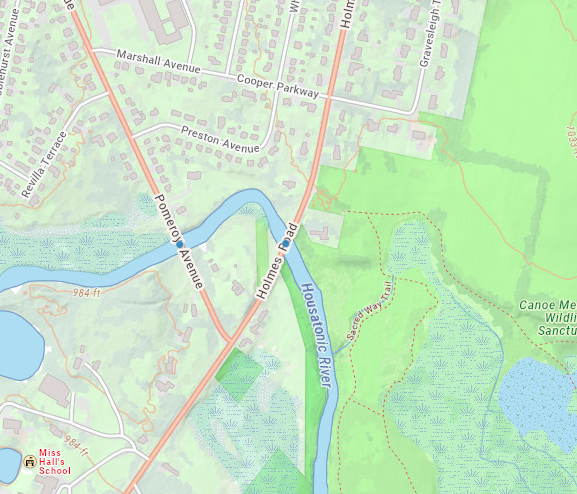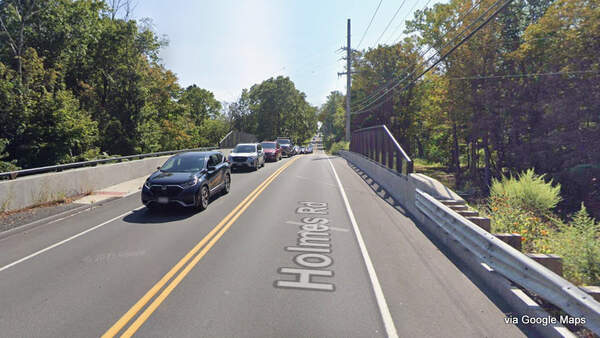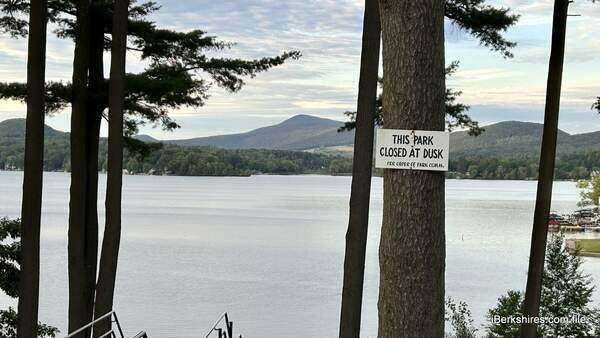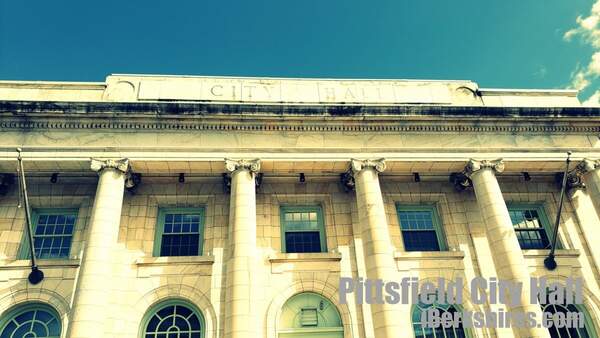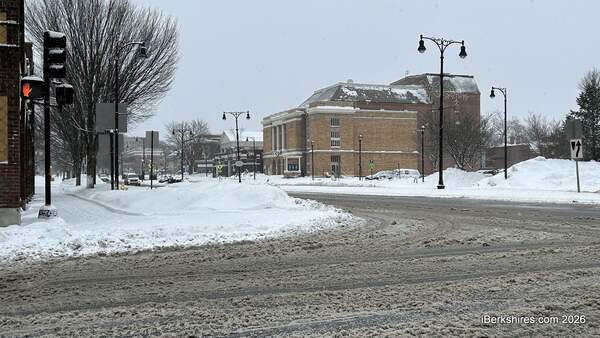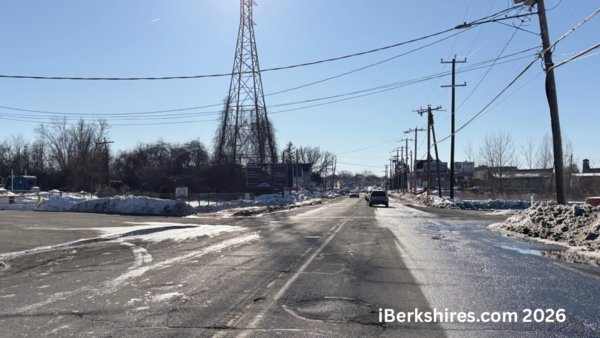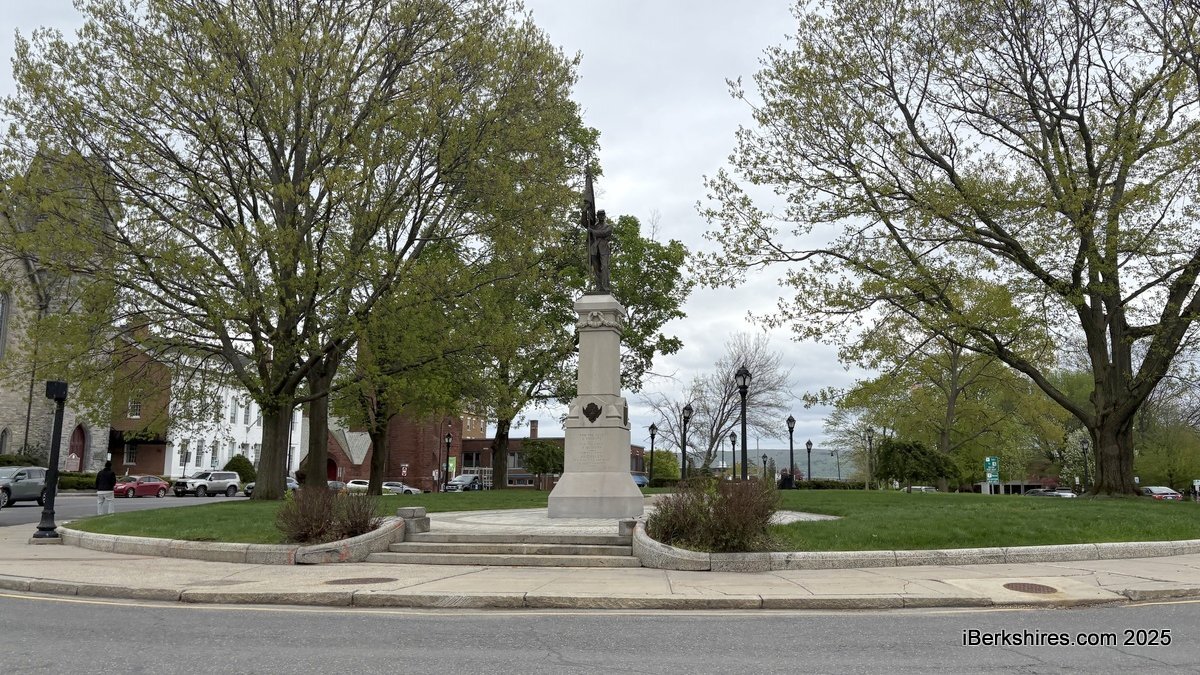
Pittsfield's Park Square Eyed for Historic District
PITTSFIELD, Mass. — Could Pittsfield have a historic district? A local panel will explore the idea.
On Monday, the Historical Commission agreed to start the long and winding road that could lead to designating Park Square (or other properties) as a historical district, which preserves and protects buildings and places with historical significance.
The commission will gather additional information about the designation and possibly invite a presenter to explore it at a future meeting.
"We have to really think about this," City Planner Kevin Rayner said.
"…There's a long, windy road in front of us here to do this, but I think for some of these districts, it would be worthwhile to do so, and I was surprised to see that there weren't any local historic districts in Pittsfield, to be quite honest."
The city has more than 20 locations on the National Register of Historic Places, including the Park Square Historical District, but the designation just allows communities to apply for federal tax credits and doesn't impose restrictions on buildings.
The district could be one building, several buildings, or an area. Historic restrictions only apply to the exterior of buildings.
Rayner doesn't think anyone would argue against Park Square being a historic district. The area was laid out just a few decades after Pittsfield was given a town charter in 1761 and was the site of the first agricultural fair in 1810.
"There are some that would make more sense than others, and I think that Park Square could be a good test case for this," he said.
A report would have to be made, such as a Form A or Form B, and the historic district would go through the Massachusetts Historical Commission and Community Development Board before going to the City Council for a vote. The city planner imagines that it would also require some ordinance changes to guide the criteria and process.
Chair John Dickson recognized that Pittsfield has a number of properties on the national registry, which is more "honorific."
"The local historic district is an entity with teeth," he said. "It sets up a separate committee that reviews any different changes to the buildings and has to approve them, I believe."
He pointed out that the commission's endangered property casebook, local historic districts were recommended for the Park Square area and the Wyandotte Mill complex, and "they suggested that we could establish single building local historic districts for 16 other properties," though that seems a little out of their bandwidth.
Dickson thinks it is worth continuing the discussion, knowing it is a long process, and thinks Park Square is an easy one to do. He also recommended a single building district for the William Russell Allen house on East Street.
"It's pretty much entirely exterior, but it also prevents demolition," Rayner added.
"So if there's a building that the historic commission really wants to protect, you could put it in a local historic district, and if it comes to the historic commission for approval for demolition, then the historic commission can say ‘no.'"
Commissioner William Garrison recognized that there would be "a lot of political pieces," with people thinking that the city would tell them what color a building can be painted.
"I know Park Square might be exempt from some of that, but it would be a tough fight, as I predict," he said. "Not saying it's not worth fighting."
While fully in support of historic preservation, Commissioner Jeffry Bradway wondered if creating a historic district with restrictions might affect people's willingness to invest in city buildings.
It is imagined that there would be wiggle room within the regulations to foster preservation.
"It's basically just the commission stewarding that area and just controlling what kind of happens to those buildings," Rayner said.
"I think you're right. It might inhibit some development, but I don't think it's going to be like a hard wall. I think the commission can kind of talk to people and talk to the developer and really find the middle ground that works for both sides."
Earlier in the meeting, the commission discussed bringing light to endangered historical buildings through media profiles. The panel also discussed the concept of sponsoring Community Preservation Act funding applications for the properties.
Tags: historic district,

